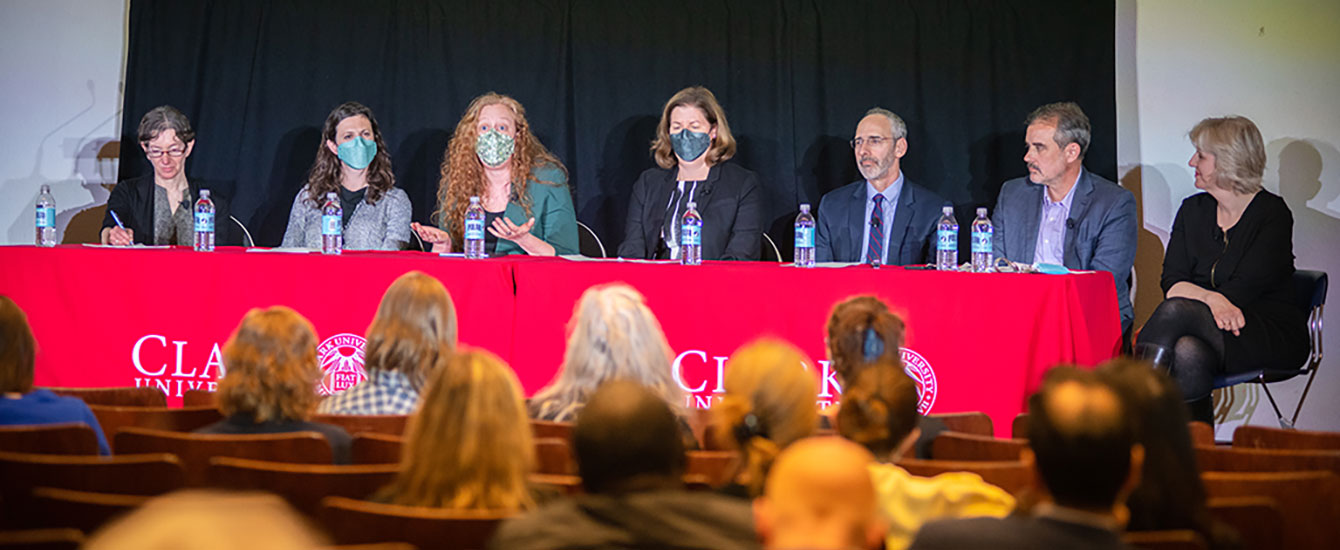Political Science
Context, Process, and Structure: Correlates of Conflict Management in Foreign Policy Crisis
Document Type
Article
Abstract
When and in what circumstances do states turn to conflict management to manage a crisis? This article identifies a set of contextual, processual, and structural variables, examining the presence and strength of their associations with the likelihood of states employing conflict management in a foreign policy crisis. I conduct an empirical analysis of more than one thousand foreign policy crises between 1918 and 2013, using the International Crisis Behavior (ICB)-2 dataset, and with the data seek to craft a comprehensive model with the capacity to reliably predict when states will turn to conflict management in a foreign policy crisis based on the context and dynamics of a crisis as well as the attributes of crisis actors. My analysis suggests that states are more likely to employ negotiation, mediation, adjudication, and arbitration in foreign policy crises where the appeal, utility, and experience of violence is diminished; in crises involving weak, nascent, and/or transitional political entities; in crises involving fewer actors and/or crises not embedded within protracted conflicts; and in crises in which International Governmental Organizations (IGOs) are significantly involved.
Publication Title
Journal of Global Security Studies
Publication Date
4-2018
Volume
3
Issue
2
First Page
163
Last Page
180
ISSN
2057-3189
DOI
10.1093/jogss/ogx027
Keywords
conflict management, foreign policy analysis, international crisis, negotiation and mediation
Repository Citation
Butler, Michael J., "Context, Process, and Structure: Correlates of Conflict Management in Foreign Policy Crisis" (2018). Political Science. 30.
https://commons.clarku.edu/faculty_political_science/30



